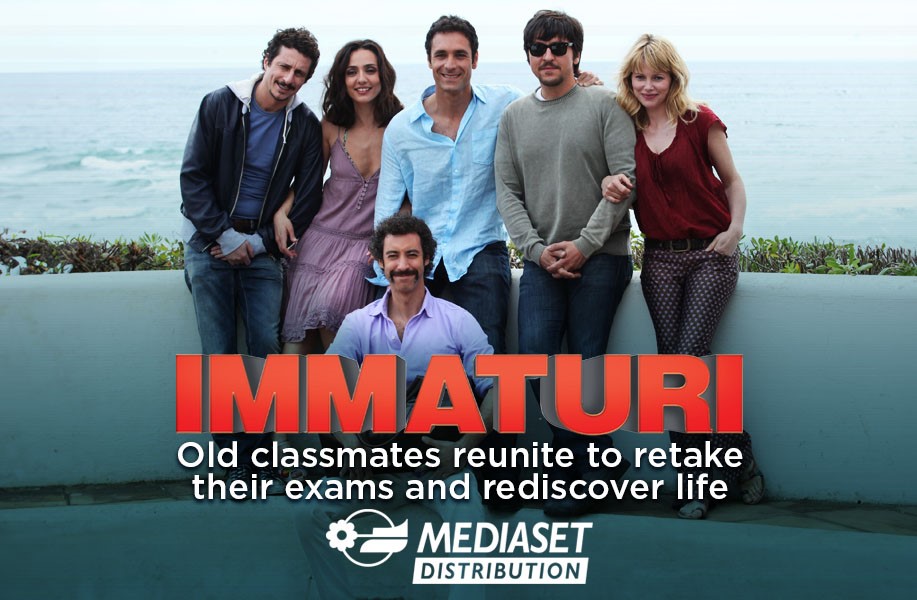At the 21st edition of the Canary Islands International Film Market (CIIF Market), leading industry professionals gathered on Tuesday to discuss the legislative, financial, and technological challenges currently shaping Spain’s audiovisual sector. The panel explored the impact of the upcoming New Film Law, the growing importance of the Canary Islands’ fiscal regime (REF), and the transformative role of artificial intelligence in content creation.
The session featured Carmen Aguado, Partner in the Audiovisual Law Department at Écija Abogados; Fernando Rodríguez, Director of International Business at Bankinter; and José Ramón Barrera, Advisor at the Canary Islands’ Economic and Fiscal Regime Commission (Government of the Canary Islands). The discussion was moderated by Ana Cristina Armas, Head of Culture at RNE Canarias, and opened by Guillermo Ríos, Director of CIIF Market.
Bringing together experts from banking, law, and production, the debate underscored a shared view: Spain’s audiovisual industry is experiencing a period of maturity and consolidation but must continue to adapt its legal framework to new business models and the rapid technological evolution of film and television production.
Speakers addressed the pending New Film Law, which is still awaiting state approval. Progress has been slower than expected, mainly due to the legal complexity of defining what constitutes an “independent production.” Nonetheless, participants agreed that the new legislation will represent a “necessary adaptation to the current reality of the industry,” replacing the outdated 2007 law.
They also noted the recent approval of a ministerial order establishing administrative and cultural criteria for accessing fiscal incentives. Among the new requirements is the obligation for producers to specify the extent of artificial intelligence participation in their works.
Aguado highlighted that, while Spanish and European law do not yet recognize authorship for works generated entirely by AI—since the law requires a human creator—such provisions indicate that “the industry and legislation are evolving toward genuine coexistence between human creativity and technology.”
The Growing Role of Banks in Audiovisual Financing
Fernando Rodríguez emphasized the increasing involvement of financial institutions in the audiovisual industry, particularly in the Canary Islands, thanks to the robustness of the fiscal framework and the confidence inspired by the REF. “Just a few years ago, banks had little interest in cinema. Today, institutions are creating dedicated investment funds for audiovisual productions,” Rodríguez said, citing Bankinter and Banca March as examples now channeling financing toward film and TV projects both on the mainland and in the islands.
He underscored the importance of mechanisms such as CESCE guarantees and mutual guarantee societies, which help mitigate financial risk and facilitate bank lending to producers. “The advance payment of tax rebates—essentially, financing the reimbursement expected from the tax office—has become one of the most common tools in today’s audiovisual financing,” he explained.
Canary Islands: A Case Study in Successful Film Incentives
According to José Ramón Barrera, the Canary Islands were pioneers in applying the REF to the audiovisual industry, with their first success story dating back to 2015 and the filming of Jason Bourne in Santa Cruz de Tenerife. “At that time, €4.5 million were granted; today, the figure stands at €36 million. That demonstrates the system’s maturity and reliability,” he stated.
Barrera detailed the fiscal benefits available to producers: on the Spanish mainland, a 30% deduction applies to the first €1 million of expenditure and 25% thereafter (up to €20 million per film or €10 million per TV episode). In contrast, the Canary Islands offer a 50% deduction on the first million and 45% thereafter, with limits of €36 million per film and €18 million per episode.
“Filming in the Canary Islands means higher profitability thanks to the REF’s tax differential, which increases deductions by 20 points and extends limits by 80% compared to the national regime. This makes the archipelago one of the most competitive production hubs in Europe,” Barrera said.
He also highlighted the introduction of a zero-rate IGIC (the Canary Islands’ VAT equivalent), which eliminated the financial burden of indirect taxes and significantly improved the industry’s competitiveness.
Barrera stressed that producers choosing the islands benefit from a world-class infrastructure of service providers—hotels, vehicle rentals, technical crews, and set construction—comparable to major international production centers.
“The Canary Islands have become a secure and trusted filming destination. We offer a transparent fiscal framework, legal certainty, and extensive experience in managing both national and international productions,” he concluded, crediting close collaboration between government, private enterprise, and local professionals as the foundation of this success.
Legal Certainty and Best Practices
Carmen Aguado also emphasized the importance of maintaining transparent and well-organized accounting to properly justify access to fiscal incentives. “Tax audits should not be a source of fear: when producers meet the requirements, outcomes are generally positive,” she said.
She noted that Spain now has “one of the most stable and competitive incentive systems in the world,” on par with countries like Italy, the Dominican Republic, or Colombia. Close coordination between the tax authorities and the industry has strengthened legal certainty and investor confidence.
The session closed with a broad consensus among participants: the Canary Islands’ REF continues to be an essential tool for attracting film and TV productions and for consolidating the local audiovisual ecosystem. Banks and private investors have learned to understand the specific financial logic of the industry, driving professionalism and long-term sustainability.
“Legal maturity and full confidence define the current moment,” the panelists concluded. “Today, the Canary Islands are an international benchmark for secure, profitable, and high-quality audiovisual production.”
About CIIF Market 2025
The 21st Canary Islands International Film Market (CIIF Market) is taking place in Santa Cruz de Tenerife through October 31. The event gathers producers, distributors, financial agents, and institutional representatives to foster co-production, investment, and internationalization of film and television projects connected to the Canary Islands.
CIIF Market is organized by Festeam Comunicación y Eventos and sponsored by the Cabildo de Tenerife (Department of Culture, Museums, and Sports), the Government of the Canary Islands (through the Canary Islands Institute for Cultural Development, Canary Islands Film, and PROEXCA), and the Santa Cruz de Tenerife City Council (through the Development Society and Macaronesia Films). It also receives support from Tenerife Tourism (through the Tenerife Film Commission) and the Canary Islands Audiovisual Cluster, among other partners.
More information: CIIF











